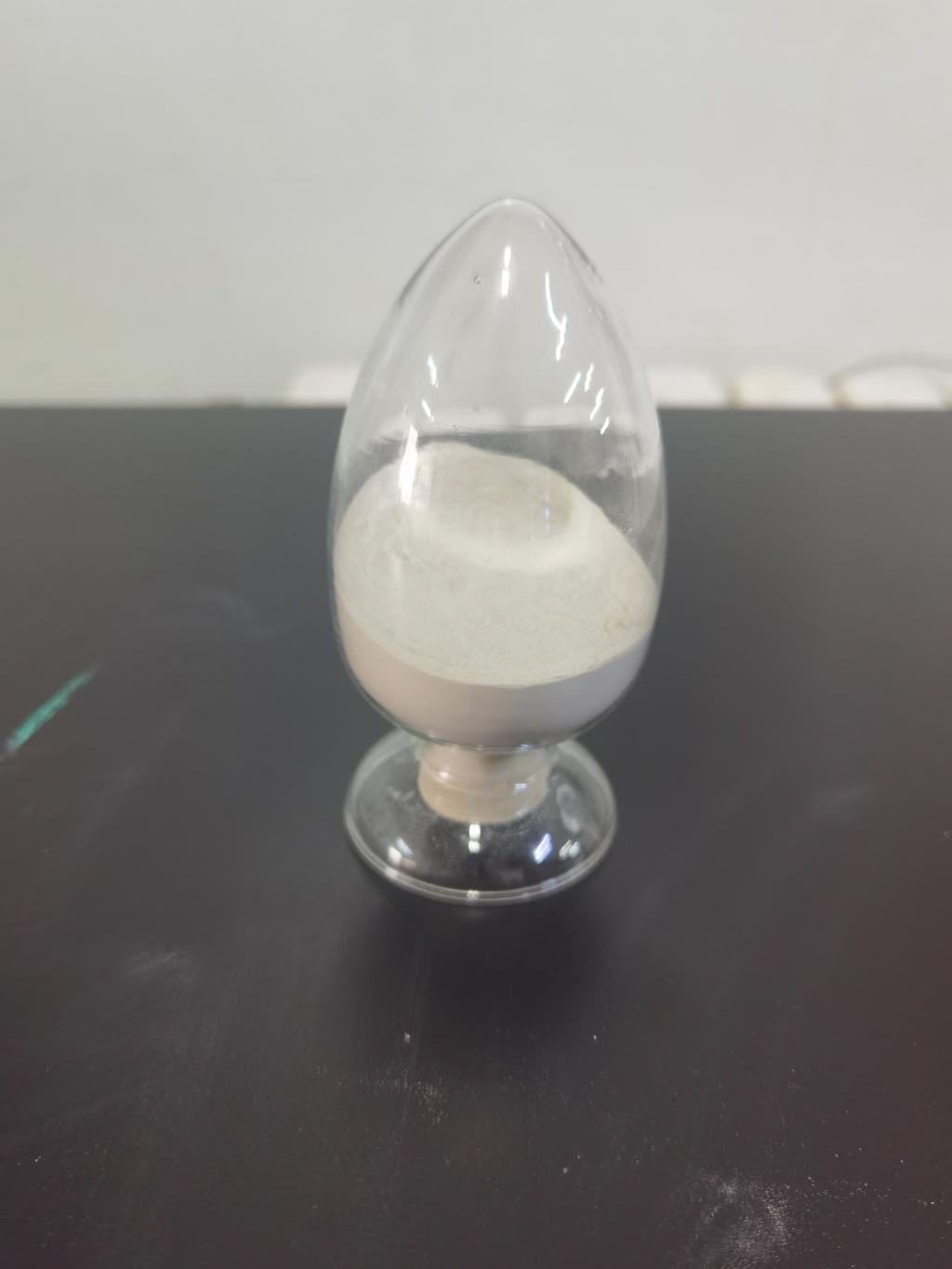Tel:+8618231198596

News
 CONTACT
CONTACT
 CONTACT
CONTACT
- Linkman:Linda Yao
- Tel: +8618231198596
- Email:linda.yao@dcpharma.cn
- Linkman:CHARLES.WANG
- Department:Overseas
- Tel: 0086 0311-85537378 0086 0311-85539701
News
Nisin's Impact on Minimizing Microbial Spoilage in Beverages.
TIME:2023-09-27
Nisin: A Natural Antimicrobial Agent
Nisin is a polycyclic antibacterial peptide produced by certain strains of the lactic acid bacterium Lactococcus lactis. It was first discovered in the 1920s and has since been extensively studied for its antimicrobial properties. Nisin is generally recognized as safe (GRAS) by regulatory authorities, making it suitable for use in food and beverage products. Its primary mode of action is through disrupting bacterial cell membranes, leading to cell death. This makes it effective against a wide range of Gram-positive bacteria, including some spore-forming strains, which are particularly problematic in the food and beverage industry.
Challenges of Microbial Spoilage in Beverages
Before delving into the role of nisin, it is essential to understand the challenges posed by microbial spoilage in beverages:
Flavor and Odor Alterations: Microbial contamination can lead to the production of off-flavors and off-odors, resulting in an unpleasant taste and aroma in beverages.
Sedimentation and Cloudiness: Some spoilage microorganisms can cause the formation of sediments or cloudiness in beverages, reducing their visual appeal.
Loss of Nutritional Value: Microbial spoilage can also lead to a reduction in the nutritional value of beverages, affecting their quality.
Shortened Shelf Life: The presence of spoilage microorganisms accelerates the deterioration of beverages, leading to a shortened shelf life and increased product waste.
Nisin's Applications in Beverage Preservation
Nisin has been extensively researched and applied in various ways to combat microbial spoilage in beverages. Its versatility and effectiveness make it a valuable tool for beverage manufacturers seeking to extend the shelf life and maintain the quality of their products.
Preservation of Fruit Juices
Fruit juices are prone to spoilage due to their high water activity and natural sugars, which provide an ideal environment for bacterial growth. Nisin has been used successfully to inhibit the growth of spoilage bacteria, such as Lactic Acid Bacteria (LAB) and Alicyclobacillus, in fruit juices. Its addition can extend the shelf life of juices without altering their flavor or nutritional content significantly.
Controlling Yeast and Molds in Soft Drinks
Soft drinks, particularly those with lower pH levels, are susceptible to yeast and mold contamination. Nisin can effectively inhibit the growth of these spoilage microorganisms, preventing the formation of unwanted by-products like carbon dioxide, off-flavors, and cloudiness. As a result, the use of nisin helps maintain the clarity and taste of soft drinks.
Extending the Shelf Life of Dairy-Based Beverages
Dairy-based beverages, such as milkshakes and yogurt drinks, are at risk of spoilage by various bacteria, including lactic acid bacteria and spoilage molds. Nisin has been employed to extend the shelf life of these products by suppressing bacterial growth while preserving their texture and taste.
Inhibition of Spoilage Organisms in Alcoholic Beverages
Even alcoholic beverages, such as beer and wine, are not immune to microbial spoilage. Nisin has found applications in these beverages to control lactic acid bacteria, which can produce off-flavors and cloudiness. By maintaining a controlled microbial environment, nisin helps ensure the desired taste and clarity of alcoholic beverages.
Application in Bottling and Packaging
Nisin can also be applied in the sterilization of bottles, caps, and other packaging materials, preventing contamination during the bottling process. This additional layer of protection ensures the microbial stability of the beverage until it reaches the consumer.
Regulatory Considerations
The use of nisin in beverages is subject to regulatory approval in many countries. Manufacturers must adhere to specific guidelines and maximum allowable levels established by regulatory authorities to ensure the safety and efficacy of nisin as a preservative.
Conclusion
Microbial spoilage poses significant challenges to the beverage industry, affecting product quality and shelf life. Nisin, a natural antimicrobial peptide, offers an effective solution to these issues by inhibiting the growth of spoilage microorganisms. Its versatility and safety make it a valuable tool for beverage manufacturers seeking to preserve the quality and extend the shelf life of their products. As the beverage industry continues to evolve, the application of nisin is likely to play an increasingly crucial role in ensuring the microbial stability of a wide range of beverages, from fruit juices to alcoholic drinks.
- Tel:+8618231198596
- Whatsapp:18231198596
- Chat With Skype







